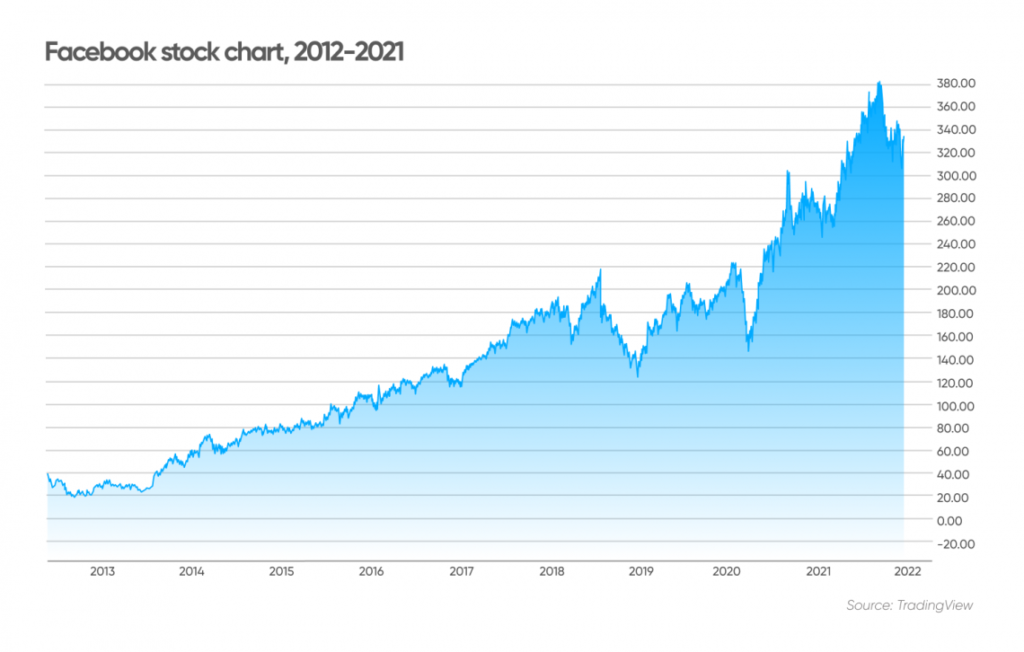Shopify Stock: Why Investors Are Betting Big On This E-Commerce Platform

Shopify is a Canadian e-commerce company that provides an online platform for businesses to create and operate their own e-commerce stores. Since its founding in 2006, the company has grown rapidly and become one of the leading e-commerce platforms in the world. In recent years, Shopify has also become a darling of investors, with its stock price increasing significantly. In this article, we will explore why investors are betting big on Shopify stock and what the future holds for this e-commerce platform.
Strong Financial Performance
One of the primary reasons why investors are bullish on Shopify stock is the company’s strong financial performance. In 2020, Shopify’s revenue grew by 86% year-over-year to $2.93 billion, and the company’s gross merchandise volume (GMV) surpassed $119 billion. The company also reported a net income of $319 million in 2020, compared to a net loss of $125 million in the previous year. The company’s revenue growth and profitability have continued into 2021, with Q1 2021 revenue of $989 million, up 110% year-over-year.
Shopify’s success can be attributed to its business model, which provides a simple and user-friendly platform for businesses to create and operate their own e-commerce stores. The company generates revenue from subscription fees and a percentage of each transaction made through its platform. This business model has proven to be highly scalable, allowing Shopify to grow rapidly and expand its customer base.
Rapidly Expanding Customer Base
Another factor driving investor confidence in Shopify is the company’s rapidly expanding customer base. As of Q1 2021, Shopify had over 1.7 million merchants using its platform, up from 1 million in 2019. The company’s customers are spread across 175 countries, demonstrating the global appeal of its platform.
Shopify’s ability to attract and retain customers can be attributed to its user-friendly platform and wide range of features. The company’s platform allows businesses to create an online store quickly and easily, without requiring technical expertise. Additionally, Shopify offers a range of features such as inventory management, payment processing, and shipping integration, making it a one-stop-shop for e-commerce businesses.
E-commerce Market Growth
Another factor driving investor interest in Shopify is the overall growth of the e-commerce market. The COVID-19 pandemic has accelerated the shift towards e-commerce, as more consumers have turned to online shopping due to social distancing measures. According to eMarketer, global e-commerce sales are expected to reach $4.89 trillion in 2021, up from $3.53 trillion in 2019. As one of the leading e-commerce platforms, Shopify is well-positioned to benefit from this growth.
In addition to the pandemic-related boost to e-commerce, Shopify is also benefiting from the overall trend towards online shopping. Consumers are increasingly turning to online shopping due to its convenience and the wider range of products available. This trend is expected to continue in the coming years, further driving the growth of the e-commerce market and Shopify’s customer base.
Challenges Ahead
Despite its impressive growth and strong financial performance, Shopify faces several challenges in the coming years. One of the key challenges is competition from other e-commerce platforms such as Amazon and eBay. While Shopify has carved out a niche for itself as a platform for small and medium-sized businesses, it faces significant competition from larger platforms that offer a wider range of products and services.
Another challenge facing Shopify is the risk of platform saturation. As more businesses join the platform, there is a risk that competition among sellers could lead to reduced profitability and customer churn. Additionally, Shopify’s success has attracted the attention of larger companies such as Facebook, which recently announced its own e-commerce platform







